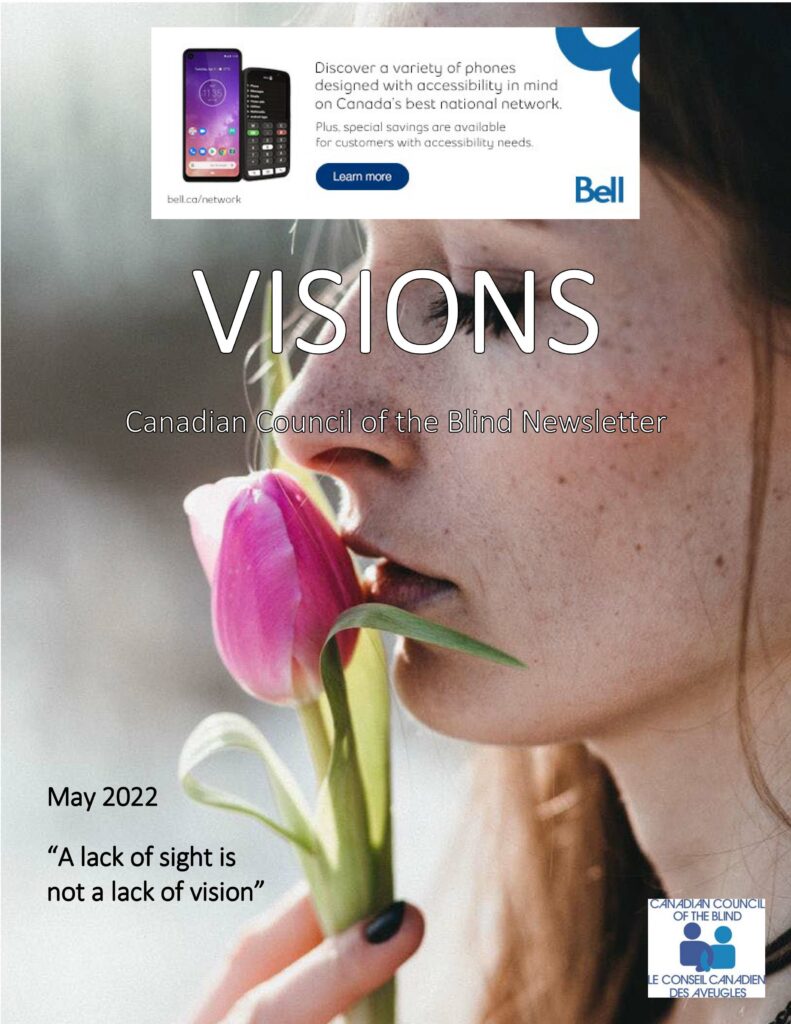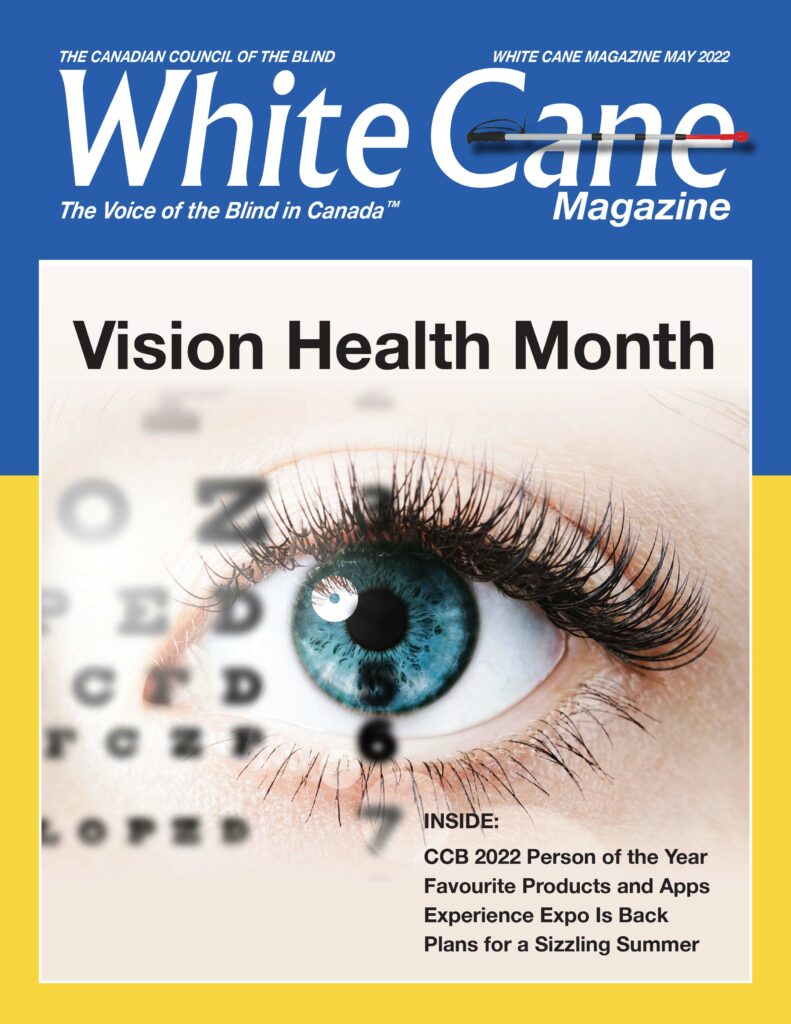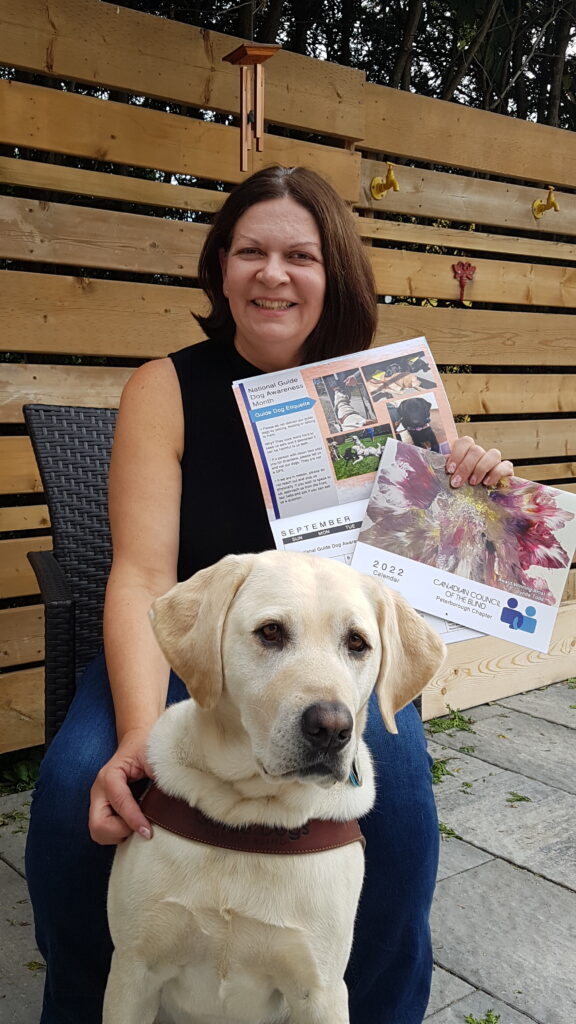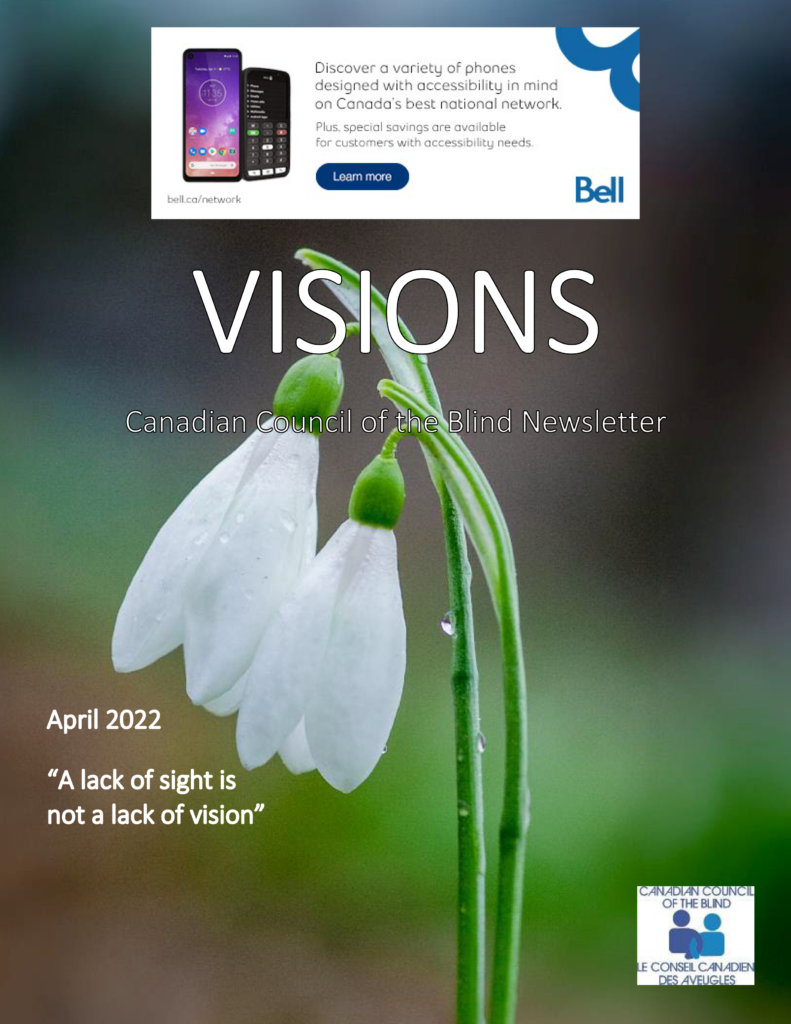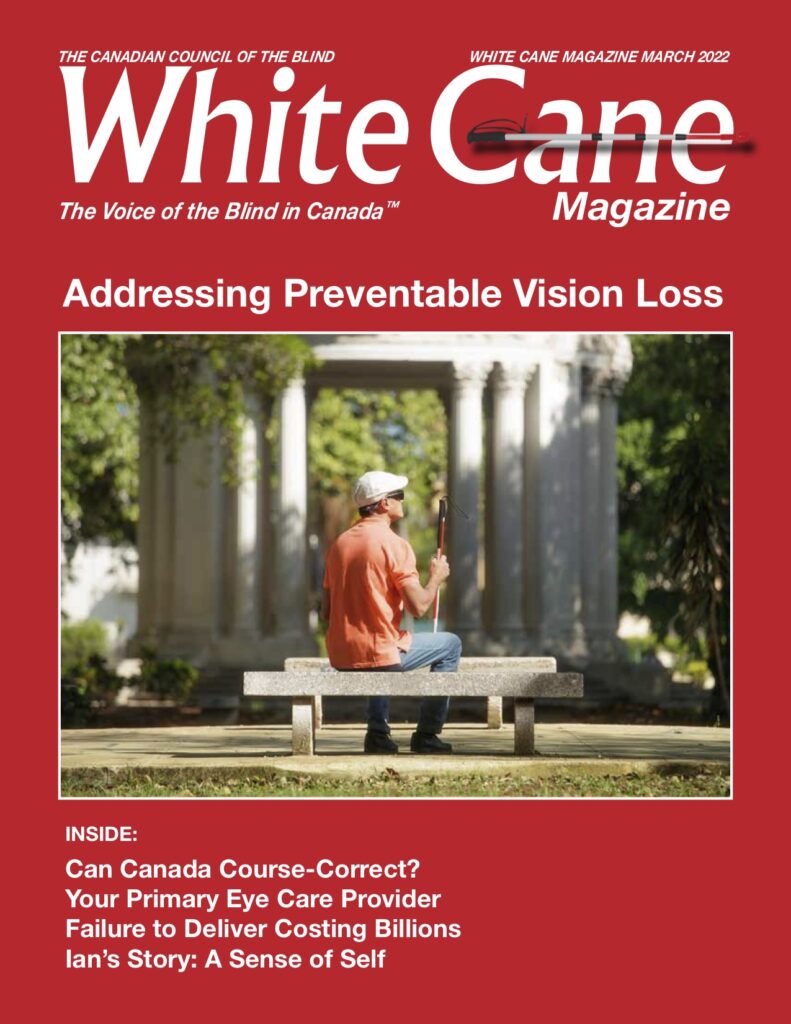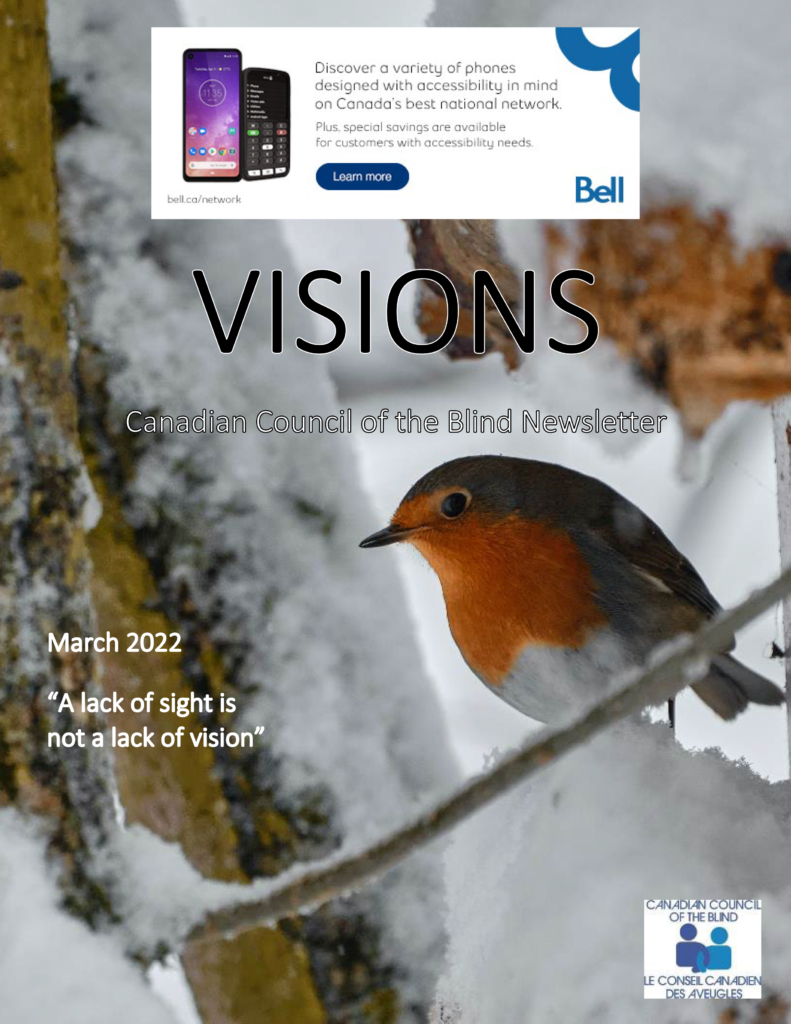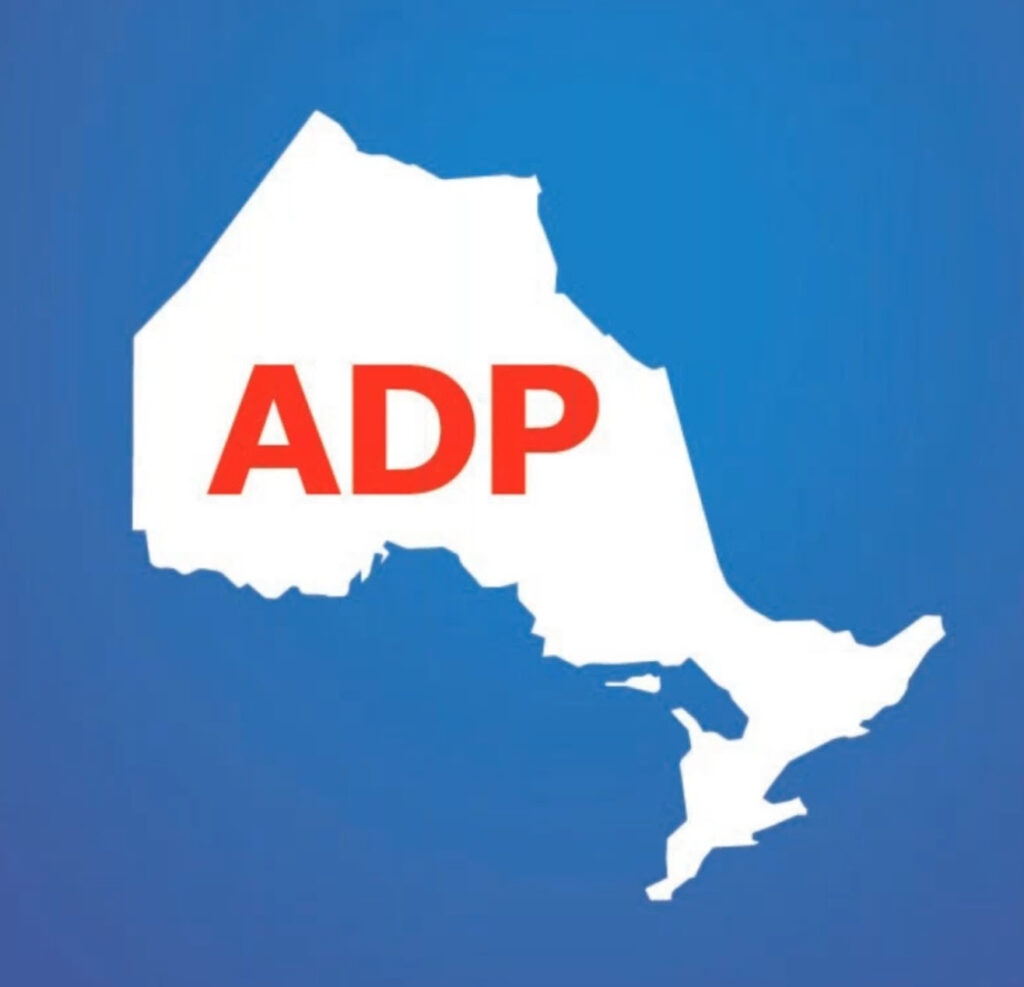Dear members and colleagues,
Like nearly all governments, organizations, and concerned individuals around the world, the WBU condemns in the strongest possible terms the Russian invasion of Ukraine. This pointless war will cause tremendous suffering for people all over the world, particularly for those in Ukraine, and especially for Ukrainians who are blind or partially sighted.
War and disability are tragically linked together. This war will inevitably result in people acquiring impairments that lead to disability. How many people with disabilities will this war create? How many lives will be forever transformed due to the suffering of needless injuries?
And not only does war cause disability, but people with disabilities always suffer more during times of emergency and conflict. Today in Ukraine and surrounding countries, those who are blind or partially sighted are experiencing unimaginable challenges, challenges that are intensified by barriers to transportation, communication, and access to information.
The WBU calls on all governments and aid organizations involved in relief efforts to develop a disability inclusive strategy to ensure Ukrainians who are blind or partially sighted are not forgotten. We are working with our partners in the region to support all those involved in the relief efforts.
Since the start of the invasion, the WBU has been in touch with blindness organizations and blind individuals and has been exploring options to provide support to people who are blind or partially sighted in Ukraine and surrounding countries.
In the short term, the WBU has established the Ukrainian Unity Fund. Through this fund, the WBU will collect donations and work with partners such as the European Blind Union to direct resources where they are most needed. For any individual or organization wishing to provide financial support, please contact our office at info@wbu.ngo. Donations to the Ukrainian Unity Fund can be made via credit card, wire transfer, or PayPal.
In the medium and longer term, the WBU will work with partners to identify needs and provide appropriate supports. This conflict will no doubt have a negative impact on Ukrainians who are blind or partially sighted for years to come. We can expect significant needs in areas like access to assistive technology, blindness skills training, and of course mental health supports. In the coming months, the WBU will be forming partnerships to address these and other needs that will arise.
If you’re looking for ways to help, please consider donating to the Ukrainian Unity Fund. Every dollar raised will go directly to supporting relief efforts and helping blind and partially sighted Ukrainians get back on their feet after the crisis is over.
Contact:
Martine Abel-Williamson
President, WBU
+64 21 411 042
Martine.Abel-Williamson@wbu.ngo
Marc Workman
Chief Executive Officer, WBU
+1 (780) 721-7040
Marc.Workman@wbu.ngo

